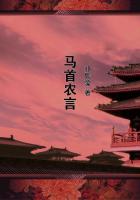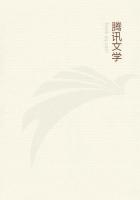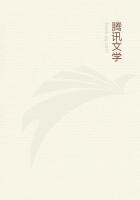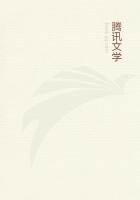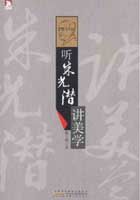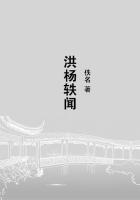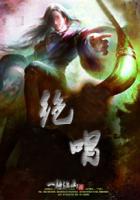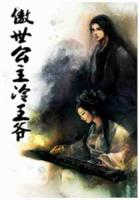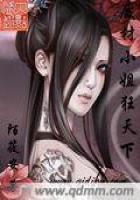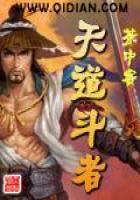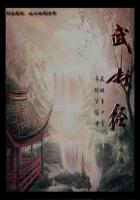While, however, we can discern in Herodotus the rise of an historic sense, we must not blind ourselves to the large amount of instances where he receives supernatural influences as part of the ordinary forces of life. Compared to Thucydides, who succeeded him in the development of history, he appears almost like a mediaeval writer matched with a modern rationalist. For, contemporary though they were, between these two authors there is an infinite chasm of thought.
The essential difference of their methods may be best illustrated from those passages where they treat of the same subject. The execution of the Spartan heralds, Nicolaos and Aneristos, during the Peloponnesian War is regarded by Herodotus as one of the most supernatural instances of the workings of nemesis and the wrath of an outraged hero; while the lengthened siege and ultimate fall of Troy was brought about by the avenging hand of God desiring to manifest unto men the mighty penalties which always follow upon mighty sins. But Thucydides either sees not, or desires not to see, in either of these events the finger of Providence, or the punishment of wicked doers. The death of the heralds is merely an Athenian retaliation for similar outrages committed by the opposite side; the long agony of the ten years' siege is due merely to the want of a good commissariat in the Greek army; while the fall of the city is the result of a united military attack consequent on a good supply of provisions.
Now, it is to be observed that in this latter passage, as well as elsewhere, Thucydides is in no sense of the word a sceptic as regards his attitude towards the truth of these ancient legends.
Agamemnon and Atreus, Theseus and Eurystheus, even Minos, about whom Herodotus has some doubts, are to him as real personages as Alcibiades or Gylippus. The points in his historical criticism of the past are, first, his rejection of all extra-natural interference, and, secondly, the attributing to these ancient heroes the motives and modes of thought of his own day. The present was to him the key to the explanation of the past, as it was to the prediction of the future.
Now, as regards his attitude towards the supernatural he is at one with modern science. We too know that, just as the primeval coal-beds reveal to us the traces of rain-drops and other atmospheric phenomena similar to those of our own day, so, in estimating the history of the past, the introduction of no force must be allowed whose workings we cannot observe among the phenomena around us. To lay down canons of ultra-historical credibility for the explanation of events which happen to have preceded us by a few thousand years, is as thoroughly unscientific as it is to intermingle preternatural in geological theories.
Whatever the canons of art may be, no difficulty in history is so great as to warrant the introduction of a spirit of spirit [Greek text which cannot be reproduced], in the sense of a violation of the laws of nature.
Upon the other point, however, Thucydides falls into an anachronism. To refuse to allow the workings of chivalrous and self-denying motives among the knights of the Trojan crusade, because he saw none in the faction-loving Athenian of his own day, is to show an entire ignorance of the various characteristics of human nature developing under different circumstances, and to deny to a primitive chieftain like Agamemnon that authority founded on opinion, to which we give the name of divine right, is to fall into an historical error quite as gross as attributing to Atreus the courting of the populace ([Greek text which cannot be reproduced])with a view to the Mycenean throne.
The general method of historical criticism pursued by Thucydides having been thus indicated, it remains to proceed more into detail as regards those particular points where he claims for himself a more rational method of estimating evidence than either the public or his predecessors possessed.
'So little pains,' he remarks, 'do the vulgar take in the investigation of truth, satisfied with their preconceived opinions,' that the majority of the Greeks believe in a Pitanate cohort of the Spartan army and in a double vote being the prerogative of the Spartan kings, neither of which opinions has any foundation in fact. But the chief point on which he lays stress as evincing the 'uncritical way with which men receive legends, even the legends of their own country,' is the entire baselessness of the common Athenian tradition in which Harmodios and Aristogeiton were represented as the patriotic liberators of Athens from the Peisistratid tyranny. So far, he points out, from the love of freedom being their motive, both of them were influenced by merely personal considerations, Aristogeiton being jealous of Hipparchos' attention to Harmodios, then a beautiful boy in the flower of Greek loveliness, while the latter's indignation was aroused by an insult offered to his sister by the prince.
Their motives, then, were personal revenge, while the result of their conspiracy served only to rivet more tightly the chains of servitude which bound Athens to the Peisistratid house, for Hipparchos, whom they killed, was only the tyrant's younger brother, and not the tyrant himself.
To prove his theory that Hippias was the elder, he appeals to the evidence afforded by a public inscription in which his name occurs immediately after that of his father, a point which he thinks shows that he was the eldest, and so the heir. This view he further corroborates by another inscription, on the altar of Apollo, which mentions the children of Hippias and not those of his brothers;'for it was natural for the eldest to be married first'; and besides this, on the score of general probability he points out that, had Hippias been the younger, he would not have so easily obtained the tyranny on the death of Hipparchos.

